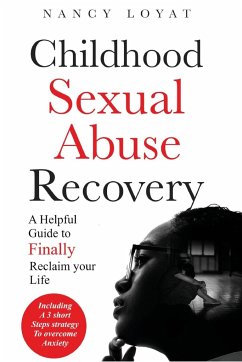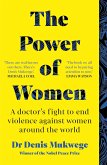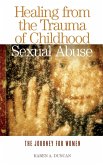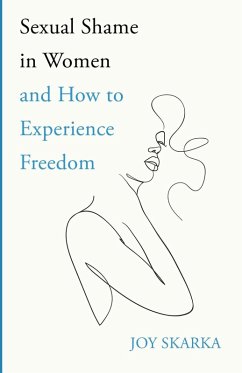Are you ready to start your healing journey from childhood sexual abuse consequences, even if you face barriers to seeking help? Then, keep reading. Childhood sexual abuse is more common than many realize and is often perpetrated by someone close to the victim. Those around them silence many survivors by shutting them down, discouraging them, or gaslighting them. Those who speak out face lifelong backlash from loved ones, along with enduring psychological and physical health effects from the trauma. Healing from childhood sexual abuse can feel like being trapped in a cycle of self-destructive behaviors. Survivors often face substance abuse, depression, eating disorders, emotional dysregulation, career difficulties, and unhealthy relationships. Breaking free from these patterns and traumatic memories is challenging, especially when the exact causes of your reactions are unclear. This book explores dissociation, a common survival mechanism for trauma victims that can lead to difficulties like trust issues and superficial relationships in adulthood. It reveals tools that helped the author manage trauma and improve her emotional state. By following Nancy's journey using CBT-DBT techniques, you can find ways to enhance your life by joining support groups or addressing dissociation. Here's a list of possible dissociative symptoms : The difficulty of expressing your needs makes your relationship strained, which leads to commitment issues and decreased trust. Making simple decisions feels challenging, and identifying emotions seems impossible. Answering simple questions makes you uncomfortable, and anger often arises uncontrollably. You find yourself running away to avoid communication problems. Most CSA victims experience dissociative symptoms and are unaware of it. Knowing your needs or wants is often impossible. Studies show the long-term impact of childhood sexual abuse, especially on trust in others and ourselves. Learning to recognize and name emotions, which we could not do in childhood, can reduce these sequelae. If you're ready to overcome the lasting impacts of childhood sexual abuse and equip yourself with the tools to rebuild your life, this book is your guide. Transform your journey with proven strategies, and start your healing process today. Don't wait-grab your copy now!
Hinweis: Dieser Artikel kann nur an eine deutsche Lieferadresse ausgeliefert werden.
Hinweis: Dieser Artikel kann nur an eine deutsche Lieferadresse ausgeliefert werden.








